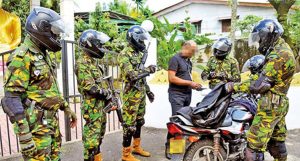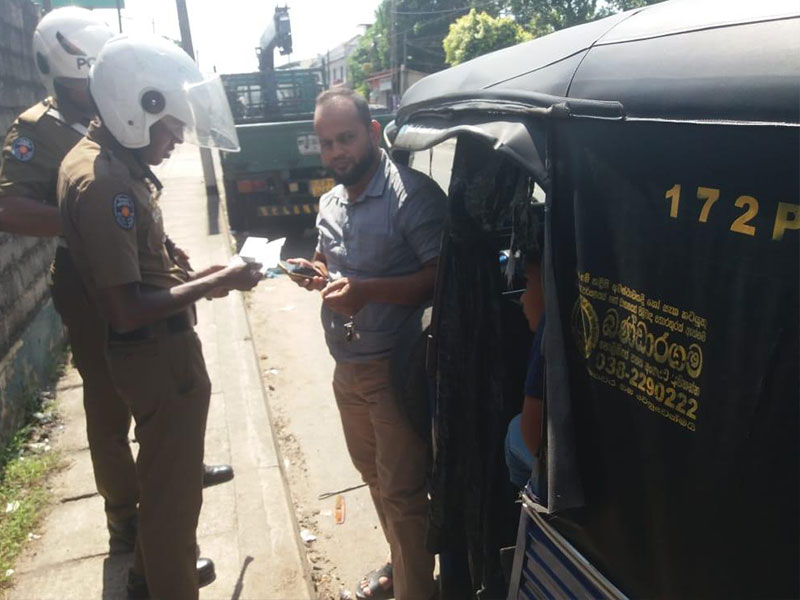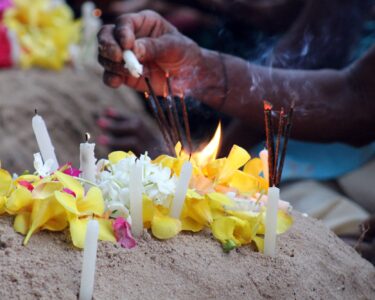Sri Lanka’s Ministry of Public Security announced that over 15,000 individuals have been arrested in the ongoing Yukthiya operation, with ambitious targets set for further apprehension of alleged offenders. This comes on the heels of a weekend sweep that saw more than 40,000 individuals taken into custody.
Weekend Arrests Yield Hundreds of Suspects:
The statement confirmed that out of the 4,088 suspects with open warrants for drug offences, 254 were apprehended. Additionally, 942 individuals were arrested among the 31,417 with outstanding warrants for non-drug-related crimes.
Questioning the “Solution”:
While the stated goal of Yukthiya is to enhance public safety by removing potentially dangerous individuals from society, the effectiveness of incarceration as a crime-fighting strategy remains a complex and debatable issue. Concerns have been raised about the Sri Lankan justice system’s capacity to handle such a surge in arrests within a short timeframe. The Kandakadu rehabilitation centre, already overcrowded, has witnessed continuous unrest and rioting in recent days.
Lack of coordination raises concerns:
Lanka Newline reports that these mass arrests have been conducted without proper coordination or consultation with prison authorities, further fueling anxieties about system overload and potential human rights violations.
Beyond Incarceration:
Ultimately, the effectiveness of imprisonment as a solution hinges on our intended outcomes. If the sole objective is to temporarily incapacitate offenders, then short-term incarceration might appear successful. However, if the long-term goal is to curb crime and foster a safer society, investing in alternative approaches and addressing the root causes of crime could prove more effective and sustainable.








